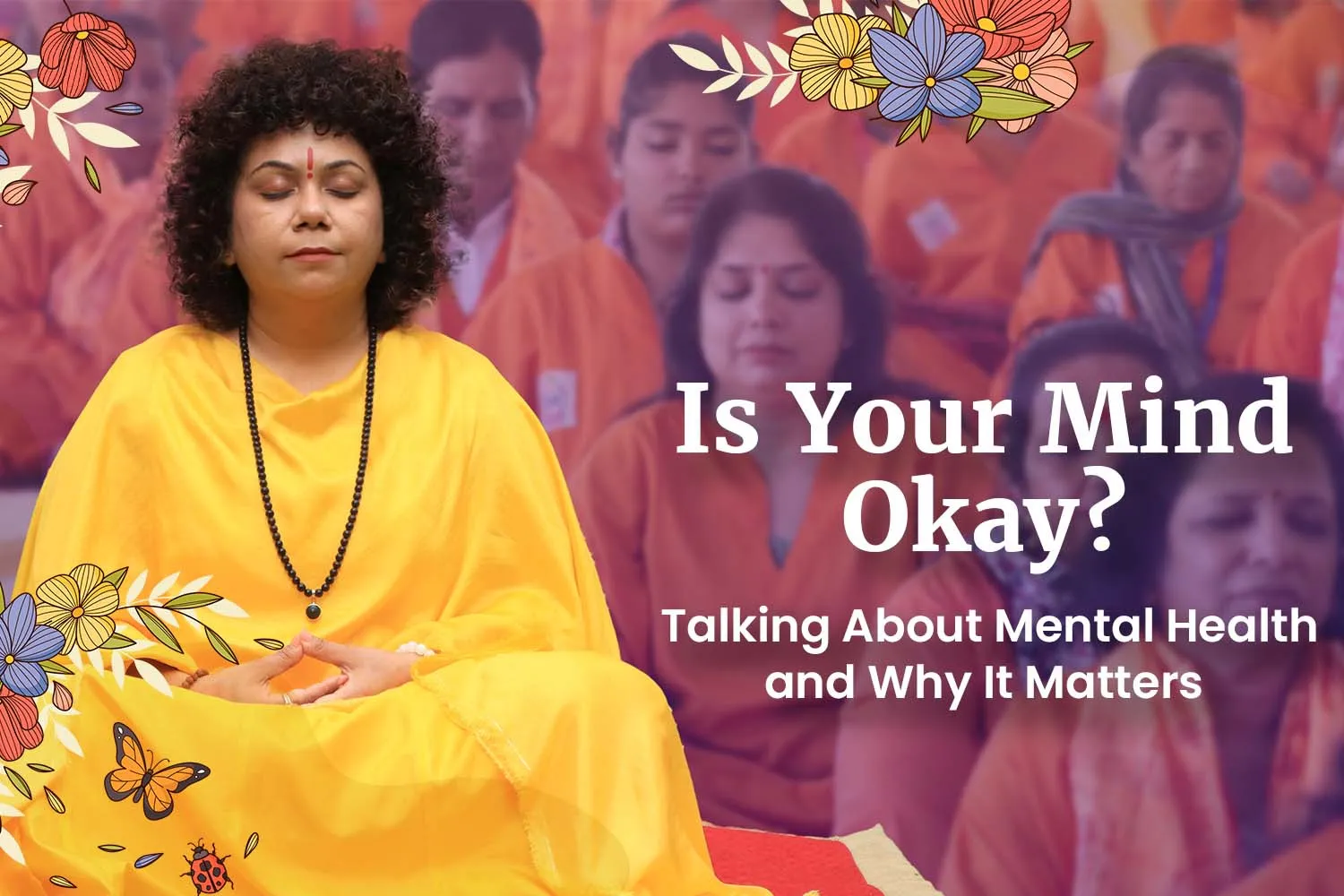Is Your Mind Okay? Talking About Mental Health and Why It Matters
One should give equal care to their mental health as they do to their physical health. Open talk about mental health breaks associated stigma and promotes early intervention and extends support.
